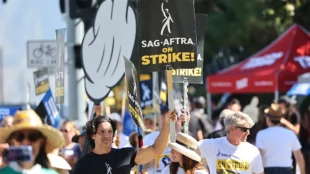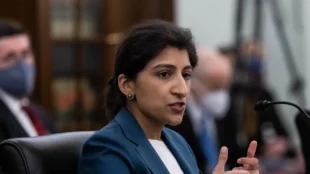More Informed Consumers are Still at Risk of Bad Business Opportunities
(Source) Multi-level marketing schemes (MLM), also often referred to as Direct Sales or Network Marketing, are presented as “business opportunities” targeted primarily at women—especially those struggling with traditional employment; military spouses, mothers with young children, and low-income communities. Throughout the last century, cosmetics and kitchenware companies like Tupperware, Mary Kay, and Avon birthed an industry of social selling to housewives in their living rooms. Saleswomen demonstrated products in a “party” while the host provided light refreshments to guests. Success as a direct seller is difficult with a high turnover rate. MLM companies shift the burden of recruiting and training new sellers onto the existing salesforce through adding a “level” of compensation for the product sales of their recruits, creating the possibility of compensation derived from the endless chain of recruitment. The reality from the FTC is that over 99% of MLM participants lose money, some even acquiring large amounts of credit card debt to participate, compounding the financial and familial hardships that pressed them to seek income in the first place. Even the MLM industry lobby; the Direct Selling Association, has called participation in MLMs an “activity” rather than a job. MLM companies rely heavily on personal relationships to [read more]










